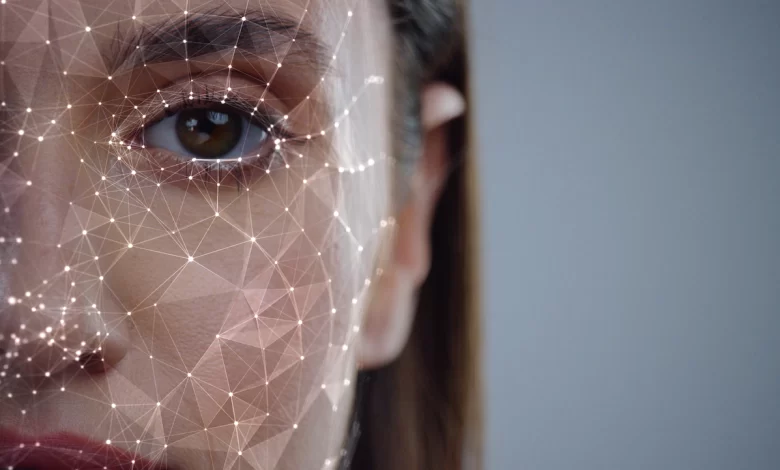
Have you ever wondered if your real, biological age might be different from the number of candles on your birthday cake? And could a single selfie—just one picture—reveal the state of your health and even offer insights into your life expectancy?
Thanks to a new artificial intelligence tool called FaceAge, this is no longer science fiction—it's science fact.
Developed by scientists at Mass General Brigham in Boston, FaceAge is a cutting-edge AI tool that analyzes a person’s facial features to estimate their biological age. Unlike traditional methods that rely on blood tests or medical scans, this technology uses visual cues like wrinkles, skin texture, and facial contours to assess how old your body really is—regardless of your calendar age.
While we usually define age by the calendar, researchers argue that true age lies within our body's internal condition. FaceAge captures this internal reality by interpreting signs embedded in our facial appearance. So if you're 50 years old, the AI might reveal that your biological age is closer to 45—or perhaps 60—depending on your lifestyle, genetics, and health status.
Though FaceAge doesn’t predict the exact date of death, it functions much like a skilled physician, providing a scientifically informed estimate of where your health may be heading. It doesn’t just read your face—it decodes your future.
This non-invasive technology could revolutionize preventive medicine by offering early health insights without physical testing. Doctors could use it to monitor patient wellness, insurers might use it to assess risk, and fitness professionals could tailor programs based on biological health rather than age alone.
Experts believe that soon, everyday people will be able to snap a selfie and get meaningful insights into their health.
FaceAge could become a vital tool in early disease detection and lifestyle improvement, offering a powerful new way to take control of our well-being—one face at a time.